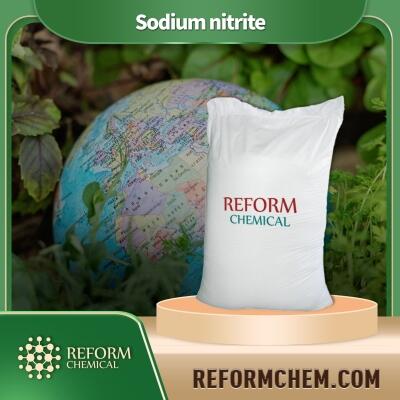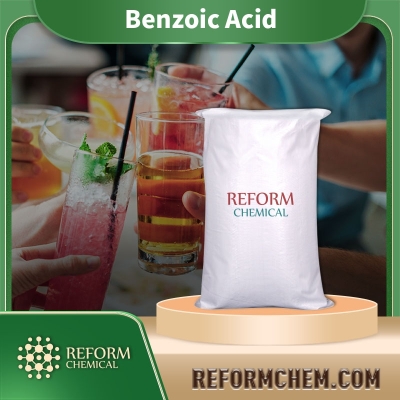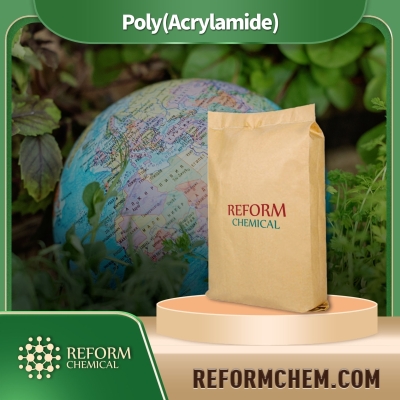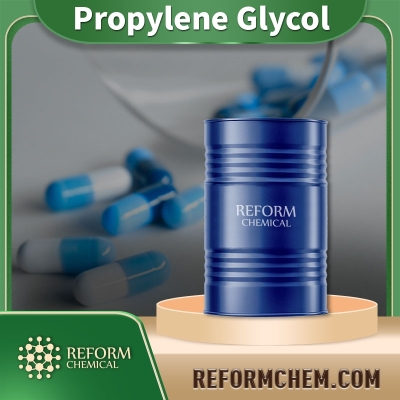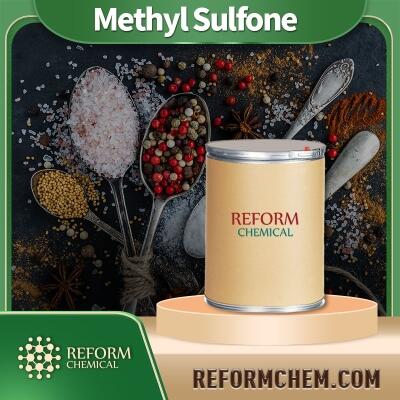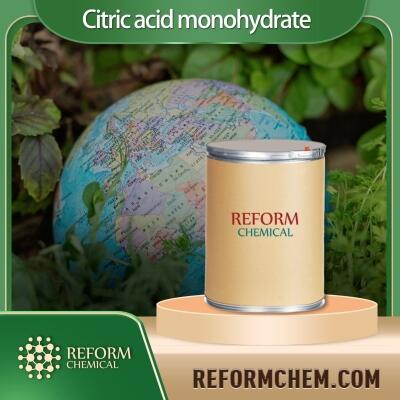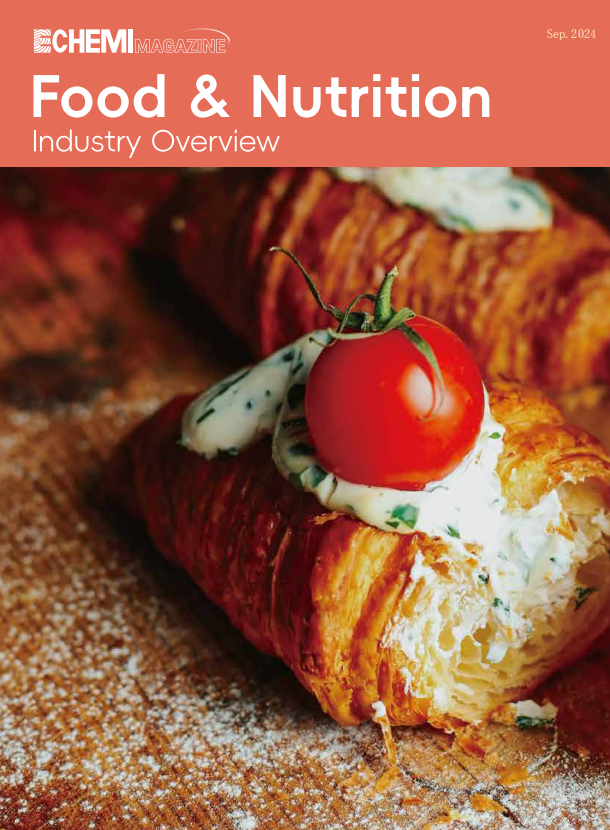EU Dairy Products Undergo $570 Million Anti-Subsidy Investigation by China, Trade War Escalates! Chinese Market May Become a Paradise for Dairy Products from Australia, New Zealand, the UK, and the US?
The European Commission has filed a complaint with the World Trade Organization (WTO) this week challenging China's launch of an anti-subsidy investigation into EU dairy products after the EU announced a surcharge on its electric vehicles. According to an analysis by Rabobank, the value of EU exports affected by the investigation is more than $570 million. Rising trade tensions between the EU and China could give dairy exporters from Australia, New Zealand, the UK and the US more access to the Chinese market.
According to the European Commission, China launched an investigation into part of the EU dairy industry on August 21, 2024, involving subsidies from the EU's Common Agricultural Policy and certain national and regional projects. The Commission stressed that these subsidies are in line with international rules and will not harm China's dairy industry. According to EU statistics, the total value of EU dairy products exported to China in 2023 reached 1.7 billion euros, and the Chinese market accounted for nearly 15% of EU dairy products exports. In 2022, the export value was close to 2.1 billion euros.
China's Ministry of Commerce responded on Monday that the launch of the anti-subsidy investigation into EU dairy products was based on Chinese law and was carried out at the request of the domestic industry, stressing that China has the responsibility to safeguard the legitimate rights and interests of the domestic industry.
"This move is seen as another escalation of the Sino-European trade dispute," Radio France Internationale pointed out on the 24th, the European Commission announced on August 20 that it plans to implement a five-year surtax on Chinese electric vehicles, followed by China launched anti-dumping investigations on pork, dairy products and brandy from the EU.
Agatha Kratz, a researcher at Rhodium Group who covers agricultural products in Central Europe, said the Chinese investigation was focused on products that could cause harm to certain EU countries that supported the tariffs.
Alexandre Anton, Secretary General of the European Dairy Association, noted that the European dairy industry feels it has been victimized by the trade dispute: "Once again, the European dairy industry is being affected by trade tensions that have nothing to do with milk and dairy products. We do hope that the committee will support us in this regard, this is not the first time we have been held hostage."
Rabobank's analysis said China is an important market for some European dairy companies, and some of the products covered in the survey include liquid cream and cheese. In 2023, the total trade of these products with China was $572.5 million, of which France accounted for 37 percent. While the survey does not include categories such as whole milk powder and butter, which China imports heavily, some dairy industry participants fear it could be expanded to include more products.
German "Handelsblatt" pointed out that China has good reasons to support the investigation of certain products in Europe. The Common Agricultural Policy is an important part of the EU budget, with about a third of the budget going to agricultural support for many years. China can also point to the EU's previous investigations into Chinese imports on the grounds of "government subsidies," so when it comes to European dairy products, the EU is also supporting its own industry with billions of dollars.
According to the report of the Russian satellite network, expert Mikhail Belyaev analyzed that the Chinese market is crucial to European countries, and in the worst case, many European countries may lose their dairy market to China. Russian President Vladimir Putin has extended a food embargo on certain countries until 2026, and since 2014 Russia has imposed a ban on agricultural imports, including meat, fish, vegetables, fruits and dairy products, on countries that support anti-Russian sanctions, causing the EU to lose Russia's dairy market.
Song Liang, an independent dairy analyst, told the Global Times that China's dairy market will continue to support imported products in the future. According to the import situation in the past two years, infant formula milk powder is the biggest demand, and Europe provides hundreds of milk powder brands. At the same time, high value-added and high-quality products such as cheese, butter, condensed milk and concentrated milk are also receiving attention. He pointed out that from the perspective of trade balance, China's imports of high-quality agricultural and sideline products will continue to increase, especially raw material supplies from Australia and New Zealand.
The Rabobank report shows that in recent years, Chinese dairy companies have actively expanded the market for high value-added products and invested in improving the supply chain, including establishing production facilities overseas, to improve product quality and competitiveness. Dairy companies in Australia and New Zealand secured new orders or joint projects from China in the first half of the year, while European dairy companies are likely to face greater competitive pressure.
The report also noted that if China imposes additional tariffs on European dairy products, dairy products from Australia, New Zealand and the United Kingdom could displace EU products in the Chinese market. In 2023, China imported about 147,500 tons of cream from New Zealand, while imports from the European Union were close to 97,000 tons. Similarly, China imports about 20,000 tons of cheese from Australia and 100,000 tons from New Zealand, while imports from the European Union are about 32,000 tons. If there is a gap in EU imports, US products have the potential to fill the market gap.
Looking for chemical products? Let suppliers reach out to you!
-
Food & Nutrition Industry Overview
The magazine has been officially published in September 2024 and has been issued at Fi Asia Indonesia 2024. It can be downloaded online permanently. It not only provides comprehensive information on the Southeast Asian food market, but also provides overseas readers with the opportunity to understand and track the market dynamics and trends of Chinese food ingredients and get to know outstanding Chinese companies. We sincerely invite you to make full use of the influence of the journal to promotPublished in: Sep. 2024
Trade Alert
Delivering the latest product trends and industry news straight to your inbox.
(We'll never share your email address with a third-party.)
Related News
-
Food additives are always 'notorious'? Legal and standardized use is the top priority
-
New opportunities for sugar reduction? African arrowroot extract will become a edible flavor
-
Investigation and handling of 229 illegal food production and operation cases
-
2022 the 10th Shanghai international biological fermentation products and technology equipment exhibition in December 2022 | 1-3, Shanghai new international expo center
-
Supply and demand two-way power generation sugar market is still a great 'article' to do
-
Product diversification will explode the sugar substitute market
-
Excessive Pesticide Residue Found in Vietnamese Dragon Fruit Exports: International Alert
-
Urgent Recall of Master Kong Instant Noodles by Italian Ministry of Health
-
FDA Proposes Ban on Brominated Vegetable Oil Due to Health Risks
-
Compliance Courier: Norway publishes key contaminants that should be monitored in food and food contact materials.
Recommend Reading
-
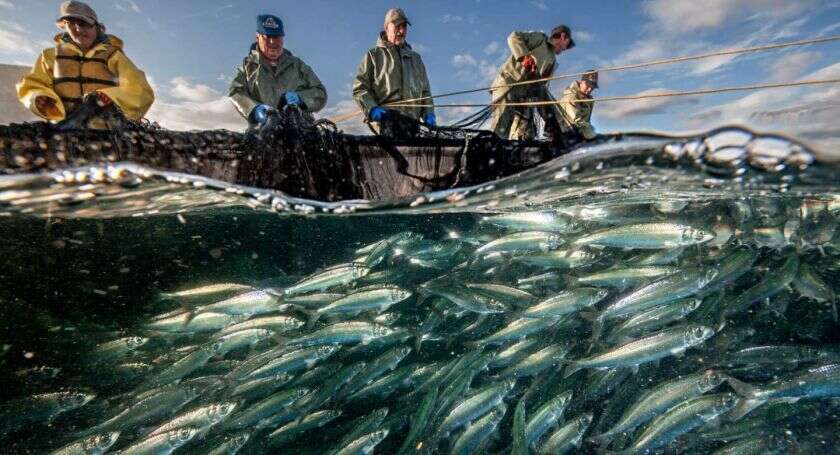
China's Ministry of Animal Husbandry, Agriculture and Fisheries plans to draw up a list of exporters
-
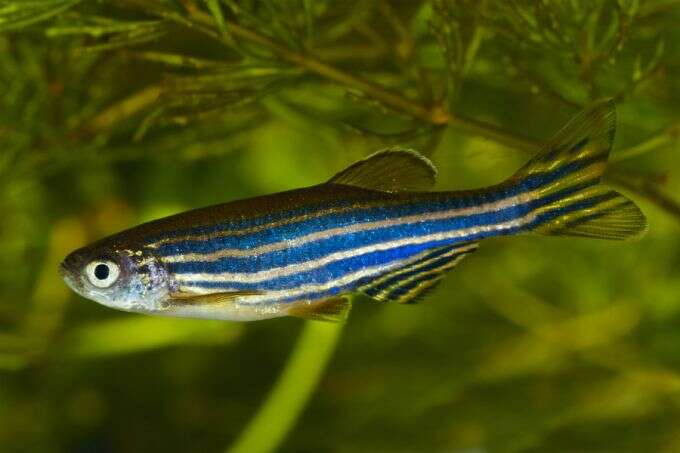
Study found that Lactobacillus rhamnosus GCC-3 culture can improve intestinal and liver health and antiviral immunity of zebrafish
-
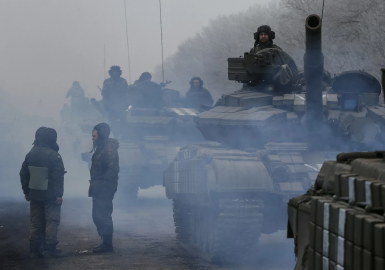
Stalemate in Russia-Ukraine Ceasefire Talks Threatens Fishing Industry
-

EU evaluates the safety and effectiveness of sweet fennel oil as a feed additive for dogs and cats and bitter fennel oil as a feed additive for all animals
-

EU Rapid Alert System for Food and Feed (RASFF) Notifications (Week 30, 2024)
-

China National Offshore Oil and Shell Group to Explore Cooperation
-
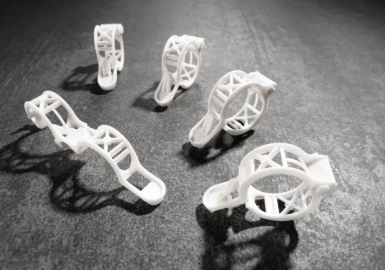
BASF Develops Certified Industrially Compostable Biopolymer
-
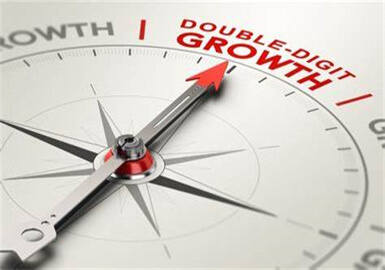
New Materials Industry Achieves Double-Digit Growth for 14 Consecutive Years, Total Output Exceeds 8 Trillion
-
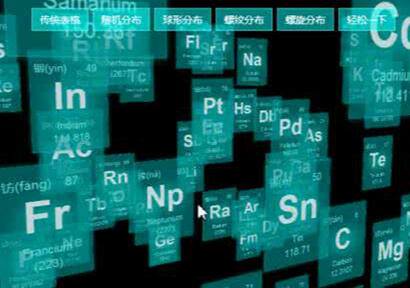
Price Stability of Butadiene and Benzene Market in Zhejiang Province on April 11
-
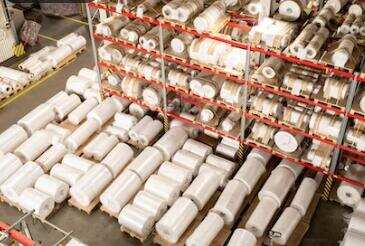
The Global Polyethylene Market May Not Recover Until 2025





